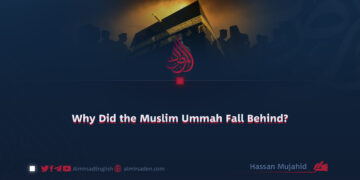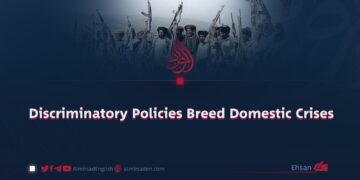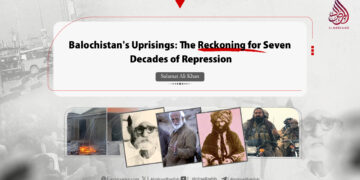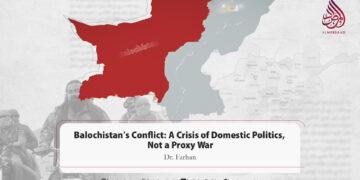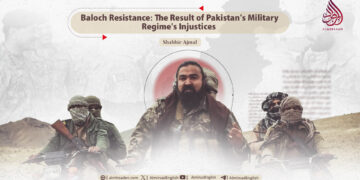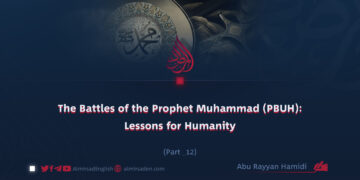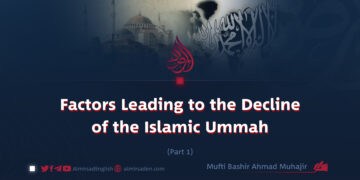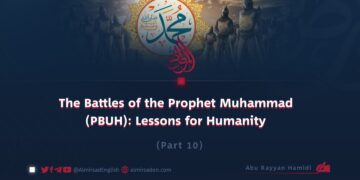Author: Barkatullah Danishwar
Part 2
ISIS originated in Iraq during its early activities and gradually expanded, akin to a spider intricately weaving its web, into other countries and regions, establishing firm strongholds.
Iraq endured a period of U.S. occupation, during which the nation witnessed the horrors of killings and torture under the shadow of the U.S. military. Alongside the intense and destructive conflict, innocent lives were lost, and the dignity of the people was violated.
Amidst this national turmoil, adversaries actively sought to sow religious divisions and polarization within the unified community of the nation, with the purpose of eroding national unity. This endeavor resulted in the fragmentation of the populace into factions distinguished by the labels of Shia and Sunni.
Following the Shia’s rise to power in the government, discrimination and ethnic segregation escalated within society. The government’s actions, such as the suppression of the people and other heinous crimes, fostered an environment conducive to a quest for revenge, resistance against oppression, and calls for justice.
During this chaotic period, opportunists exploited the situation to advance their personal agendas. Simultaneously, adversaries, masquerading as seekers of justice, notably leveraging the identity of “Ahl al-Sunnah”, effectively divided the society into opposing and extremist factions.
ISIS initially commenced by seeking vengeance against the Shia community and initiated a brutal and indiscriminate campaign of widespread killings.
The animosity and enmity that gradually developed against the “Ahl al-Sunnah” in Iraq intensified rapidly after Daesh declared its self-proclaimed caliphate. Daesh incited numerous individuals against the Mujahideen of “Ahl al-Sunnah” and spilled the blood of oppressed Muslims profusely.
Initially, supporters and adherents of Daesh hailed from various nations and distant regions, furnishing the group with both power and influence. However, with the passage of time, it became evident that beneath this banner, heinous acts were being perpetrated that strayed far from the realms of both religion and humanity. As ISIS pursued a course of extremism and radicalization, its followers eventually distanced themselves, leading to a decline in public support for the group.






